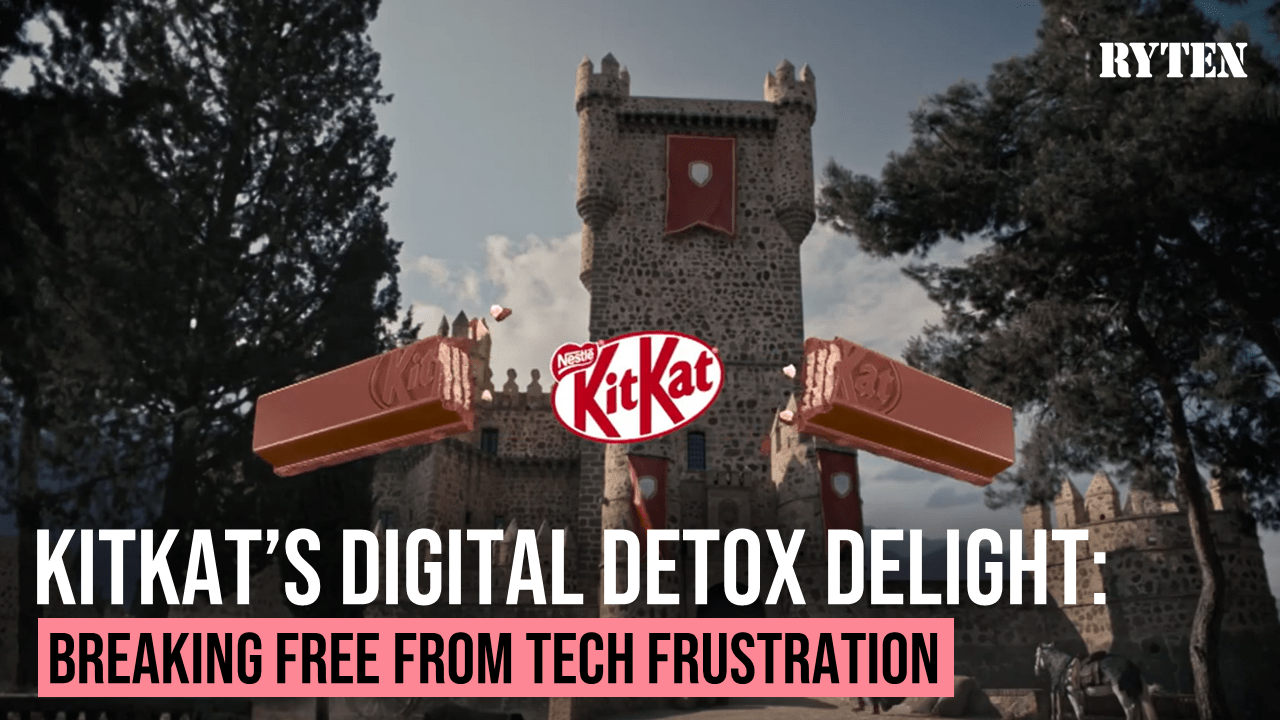PRINGLES MAKES BOLD MOVE WITH €100M INVESTMENT: REVOLUTIONARY CARTON PACKAGING SET TO TRANSFORM POTATO CHIP INDUSTRY
Pringles, the popular potato chip brand owned by Kellogg, is spearheading a groundbreaking transformation in the potato chip industry with a substantial investment of €100 million. The investment is aimed at developing fully recyclable packaging for its iconic chip tubes, marking a significant step towards more sustainable practices.
The innovative paper tube packaging, designed at Pringles’ Mechelen R&D center in Belgium, took nearly five years to develop. This facility is not only a research hub but also houses one of Pringles’ largest factories, responsible for producing 104,000 tonnes of chips annually, which are distributed in 80 countries worldwide.
Starting this month, Pringles chip tubes will gradually replace their steel bases with paper-cardboard ends, making the packaging fully recyclable. The introduction of the paper-cardboard base not only reduces the weight of the tube by five grams but also brings several environmental benefits. It requires less water during production, emits 40% less CO2, and proves to be more cost-effective compared to the previous steel-based packaging.
To ensure the preservation and freshness of the potato chips for a shelf life of 15 months, a thin layer of aluminum has been added to the cardboard base. This strategic addition effectively protects the chips from oxygen, maintaining their quality.
The decision to invest in fully recyclable packaging stems from the realization that the previous steel-based tubes were only theoretically recyclable, as consumers often failed to separate the metal base from the cardboard packaging. By making the new packaging fully recyclable, Pringles aims to reduce waste and increase recycling rates.
The €100 million investment was allocated to extensive research and the adaptation of production lines at three Pringles factories worldwide. Alongside the factory in Mechelen, the other two facilities in Poland and the United States underwent modifications to accommodate the new packaging technology. Although there was consideration of replacing the plastic lid with a cardboard alternative, it was concluded that plastic remains the most efficient and cost-effective option during the production process, costing only half as much.
Once the new packaging technology is fully operational, the upgraded production lines will be capable of producing over a billion chip tubes annually, meeting the increasing demand for Pringles products worldwide.
Pringles’ commitment to sustainable packaging aligns with the global sustainability program launched by its parent company, Kellogg. As part of this initiative, Kellogg aims to reduce its own CO2 emissions by 45% by 2030, highlighting the company’s dedication to addressing environmental challenges.
This significant investment by Pringles signals a remarkable leap towards more environmentally friendly packaging practices within the food industry. By embracing recyclable materials and reducing their carbon footprint, Pringles sets a notable example for other snack brands and encourages greater adoption of sustainable packaging solutions. As consumers increasingly prioritize eco-conscious choices, Pringles’ commitment to reducing waste and minimizing environmental impact positions them as leaders in the drive towards a more sustainable future.

